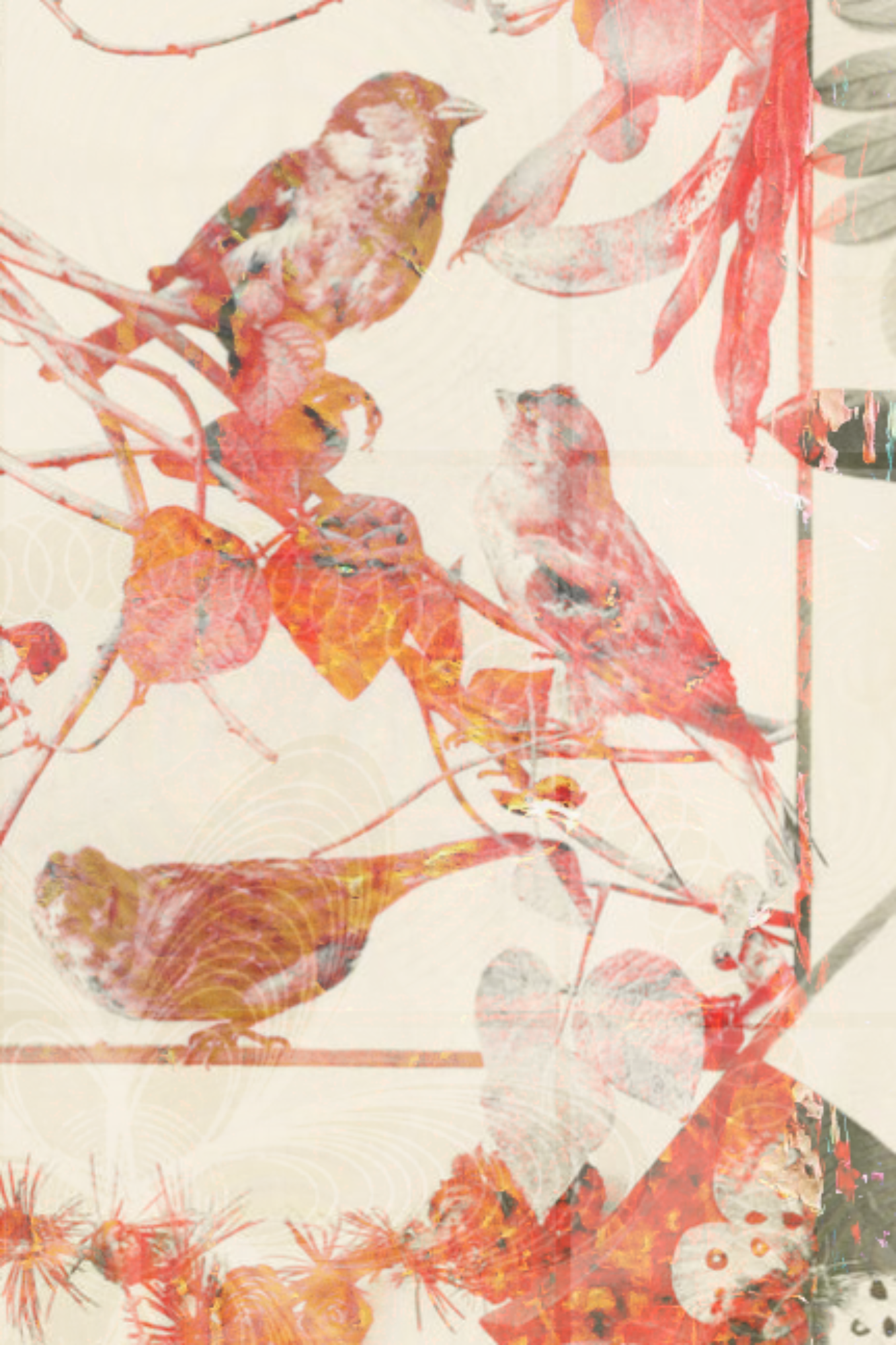How do you push through creative blocks?
I chew. I fluster. I write around their edges. I pen nonsense on a page, and ho! something worthwhile appears. I ask my mind questions, and leave it days to ruminate. Sometimes an idea pops, often at the worst of times, forcing me to scramble for pen and paper. Other times there is but silence, a stir of dust in the attic of an abandoned house.
What’s your creative process like? Why do you write?
I think I’m like most writers in that I’m surrounded by people and forces who, one way or another, do not encourage me to write. So I write in interstitial spaces. I write when I’m not supposed to. I write between interruptions. I’m a drop of water suspended among grains of soil and humus. I write because the nature of the world dictates that we all are, of necessity, coerced to do what the inner child in us does not want to do. We all possess an innate compulsion to belong to a tribe and do our duty, and so we work to put food on the table, to help our children grow, and to care for those that share some proportion of their DNA with us. I write because a part of me wants all this to go away; I write because I want to be a kid again. I write because writing serves as a way to tell these coercive, responsible, adult elements to go fuck themselves.
Give us some background on “Thirty-Four Hundred.”
“Thirty-Four Hundred” came up as part of an exercise suggested in the book Flash! Writing the Very Short Story by John Dufresne. In it he suggests one way to come up with ideas for flash pieces is to think of a snap-shot or a single frame. For me, immediately what came to mind was a mushroom cloud. I’ve long studied World War II, as a kind of hobby, and so this did not surprise me (though I will admit this says something about me that is perhaps a little sad). And, as a trained plant ecologist, I’ve studied plants—literally acres and acres of them—so I was also unsurprised when the next thing that popped was cauliflower. From there it was natural to dream up a character who would imagine this odd juxtaposition—it would have to be a kind of defense mechanism. I then asked myself who would need such a mechanism, and the rest of piece followed from there.
What keeps you motivated to create? Do you have any big dreams or goals for your work?
When I saw this question, the first thing that came to mind was the number 300. This is the much-bandied-about number in the publishing world that is supposed be the average number of sales for any given book posted on the internet. Given that some books are bought thousands or even millions of times, one should realize that this average is pulled in the direction of these dramatic outliers. And this means that your book—your precious book—is likely to be purchased much less than three-hundred times: maybe it will be sell ten times, maybe fifty. Maybe how much it sells depends solely on how many friends and family you can charm into buying it. If you are a hermit living in the backwoods of Maine, maybe it won’t sell at all.
But I don’t care. I think of writing as a coin. On one side is the real world, the world of editors and publishing houses, the world where dark emotions are scribed into text input fields on Amazon. This is the dull side of the coin. The side that lay face down when you picked up the coin off the pavement and made yourself a wish.
But on the other side—the side facing the sun—is this foolish kid who dreams of glory and fame. I firmly believe that, for writing to be worth it, this foolish kid must be given Kool-Aid and cookies. She must have her hair tousled. He must be frequently handed a book with a bright new cover and an encouraging smile.
Matthew Slocum earned a PhD in ecology at the University of Miami and currently works as a data scientist in Houston. “Thirty-Four Hundred” is his first fiction publication.

